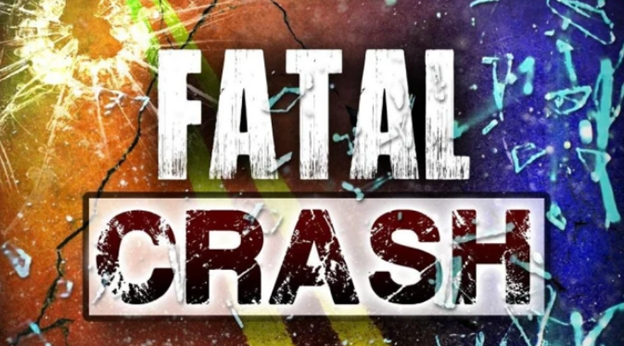Those who lived in the past recall it
Published 3:40 pm Friday, March 6, 2009
Selma high school alumni from 1964-66 convened at the Selma Performing Arts Center for an opportunity to take a trip back in time and receive recognition for their role in the civil rights movement.
“These people stood up for us when we couldn’t stand for ourselves,” said the Rev. Franklin B. Fortier.
The panel not only gave the speakers an opportunity to tell their story, but also to inspire a number of schoolchildren in attendance.
“Be thankful for your leaders from the class of ’64, ’65 and ’66 and the volunteers and leaders of that time,” said Ernest Carter, a 1966 gradate. “We’ve come a long way, baby, but we still have a long way to go.”
Carter hammered his point home by highlighting some of the changes that came from the movement.
“Look where you are sitting now. When we were in high school, we couldn’t sit (on the first level). We had to sit up there in the balconies,” said Carter. “In 1965 and ‘66, I was not allowed to walk on the sidewalk. I had to walk in the street.”
Selma Fire Chief Henry Allen, the lone representative of the class of 1964, remembers the moment he realized there was a difference between white and black education. When he was a junior, Allen’s class began a reading a book that a friend at A.G. Parrish High — an all-white school — said he read in ninth grade.
That was the spark Allen needed to get involved in the movement. He and his classmates began marching during school hours, until the superintendent threatened, “If they miss another day, they will not graduate.” They began marching after school, and after he escaped three state troopers on horseback, Allen had an epiphany.
“From that day on, I realized this was not a game,” he said. “This was real.”
Albert Southall, Joyce O’Neal and Phillip Hunter remembered the Ku Klux Klan making regular appearances.
“Three weeks out of the year, the KKK would ride down the street and shoot guns,” said Southall. “The KKK using terrorist tactics was my deepest motivation for joining the movement.”
O’Neal remembered hiding with her family under beds and remaining as quiet as possible until KKK members moved on. But, Hunter and his neighbors had a different solution to deal with them.
“We lined up bricks to throw at the KKK,” he said. “Yes, there was fear, and we were juveniles so we were ineligible to vote. But, we were trying to stand up for our parents.”
Tommy Towns reverted from the past to look to the future.
“We still need to concentrate on the things we need to do to uplift one another,” he said. “This is a very significant city. We all have a very heavy legacy that we need to continue on and carry through.”
JoAnn Smith built on Towns’ message by imploring the audience to build on the movement’s history.
“Learn your history. You don’t have to live it, but carry it,” she said. “Keep Selma a history town.”





